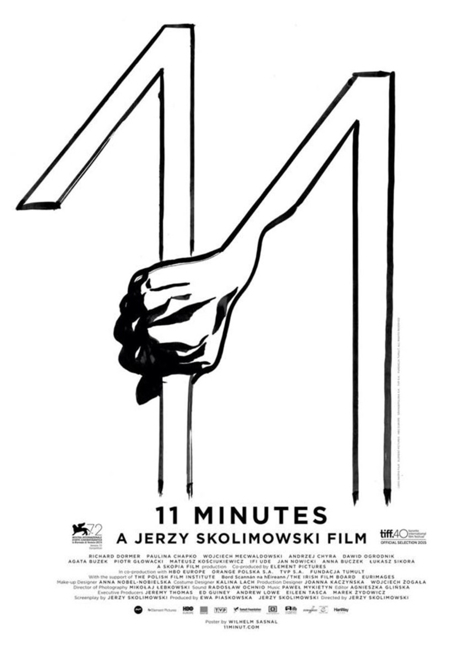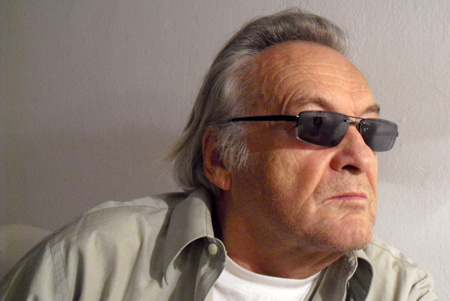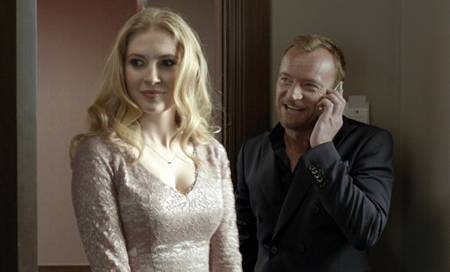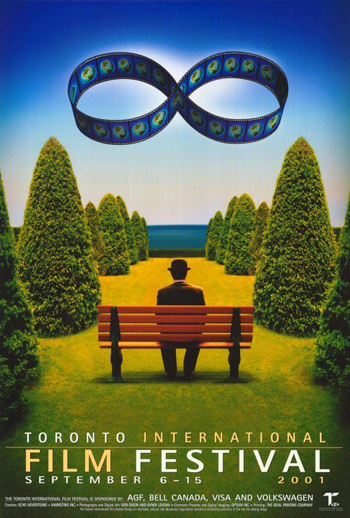|
|
||
|
Pro Tools
FILMFESTIVALS | 24/7 world wide coverageWelcome ! Enjoy the best of both worlds: Film & Festival News, exploring the best of the film festivals community. Launched in 1995, relentlessly connecting films to festivals, documenting and promoting festivals worldwide. Sorry for the interruption, we needed to correct and upgrade some modules. Working on a new website. For collaboration, editorial contributions, or publicity, please send us an email here. You need for put your full detail information if you want to be considered seriously. Thanks for understanding. User login |
David Lynch Receives Lifetime Achievement Award for Directing at 20th Camerimage Festival in PolandRenowned American director David Lynch received the Lifetime Achievement Award for Directing on November 24 at the 20th Plus Camerimage Festival in Bydgoszcz, Poland. Founded in 1993, the annual event has grown into the leading festival dedicated to cinematography and cinematographers, and runs this year through December 1. Although the iconoclastic director has achieved worldwide success and built a huge fan base in the course of his career, which now spans five decades, his work seems to strike a particular chord in the psyche of Polish audiences. Lynch is hugely popular in Poland, and this is not merely due to the fact that he shot most of his 2006 film Inland Empire there in the city of Lodz. Lynch's films do not fall within the boundaries of easily classifiable genres. His work is often described as non-linear, unsettling, and for some, replete with disturbing imagery. Director Mel Brooks once referred to him as “Jimmy Stewart from Mars.” But attempting to encapsulate Lynch's work with a few simple adjectives does not do it justice, and overlooks a complexity which is difficult to assess and digest, even after repeated viewings of his films. In the United States, the TV series Twin Peaks, which ran from 1990-91, brought Lynch's work to a wider audience and proved highly popular, as did the feature film Wild at Heart (1990) starring Nicolas Cage, which won the Palme d'Or at Cannes that year. The Straight Story was also nominated at Cannes in 1999, and Lynch subsequently received the best director award there in 2001 for Mulholland Drive. The French government awarded Lynch the Legion of Honor, the country's top civilian honor, as a Chevalier in 2002 and then an Officier in 2007. That same year, the British newspaper The Guardian described Lynch as "the most important director of this era". Festival website: www.camerimage.pl My website: www.bodrog.com 24.11.2012 | Robert Bodrog's blog Cat. : Bydgoszcz Camerimage Festival david lynch directing director Lifetime Achievement Award POLAND Honors
|
LinksThe Bulletin Board > The Bulletin Board Blog Following News Interview with EFM (Berlin) Director
Interview with IFTA Chairman (AFM)
Interview with Cannes Marche du Film Director
Filmfestivals.com dailies live coverage from > Live from India
Useful links for the indies: > Big files transfer
+ SUBSCRIBE to the weekly Newsletter DealsUser imagesAbout Robert BodrogThe EditorUser contributions |


























 Bodrog Robert
Bodrog Robert 


